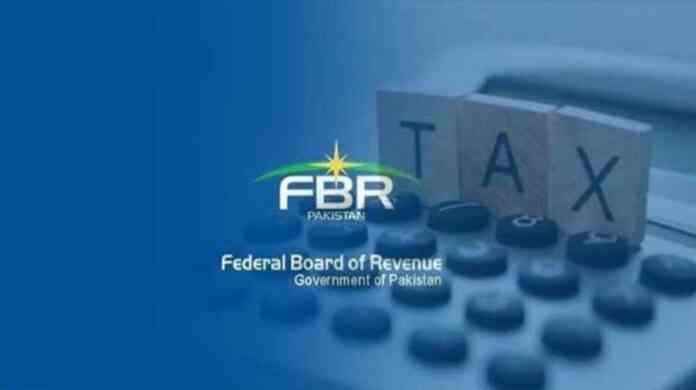Islamabad, September 1, 2025 – The Federal Board of Revenue (FBR) has formally launched penal proceedings against corporate taxpayers and importers failing to comply with mandatory digital invoice regulations.
The move follows the expiration of the final deadline for integrating invoicing systems with FBR’s online platform.
Under SRO 1413(I)/2025, issued on August 1, 2025, specific categories of taxpayers—including public companies, importers, and businesses with an annual turnover exceeding one billion rupees—were required to test and implement electronic invoicing by September 1, 2025. These digital documents must include the FBR’s invoice number, QR code, and official logo to be considered valid.
FBR’s statutory powers under the Sales Tax Act, 1990 authorize monetary penalties starting at Rs. 500,000 for each instance of non-compliance. Repeated violations will trigger escalating penalties of Rs. 1,000,000, Rs. 2,000,000, and Rs. 3,000,000, making strict adherence crucial for all sales tax registered entities.
Experts have warned that any sales tax invoice issued outside the FBR-approved system will be treated as invalid. Consequently, buyers will be unable to claim input tax adjustments on purchases backed by such unverified invoices. This poses significant operational and financial risks for businesses yet to complete integration.
While large corporations are expected to have the technical capacity to align with FBR requirements, small and seasonal importers face challenges in adapting quickly. Many cite limited resources, lack of training, and ongoing disruptions caused by severe flooding across Pakistan as barriers to timely compliance.
Industry professionals are urging FBR to provide additional relief by extending the final integration deadline. They argue that a brief grace period could prevent abrupt penalties and allow smaller entities to implement digital invoice systems effectively.
Nevertheless, FBR officials stress that the measure is critical to eliminating fraudulent invoicing practices and improving revenue transparency. Registered taxpayers are advised to expedite their compliance processes to avoid heavy financial consequences and ensure smooth business operations.
